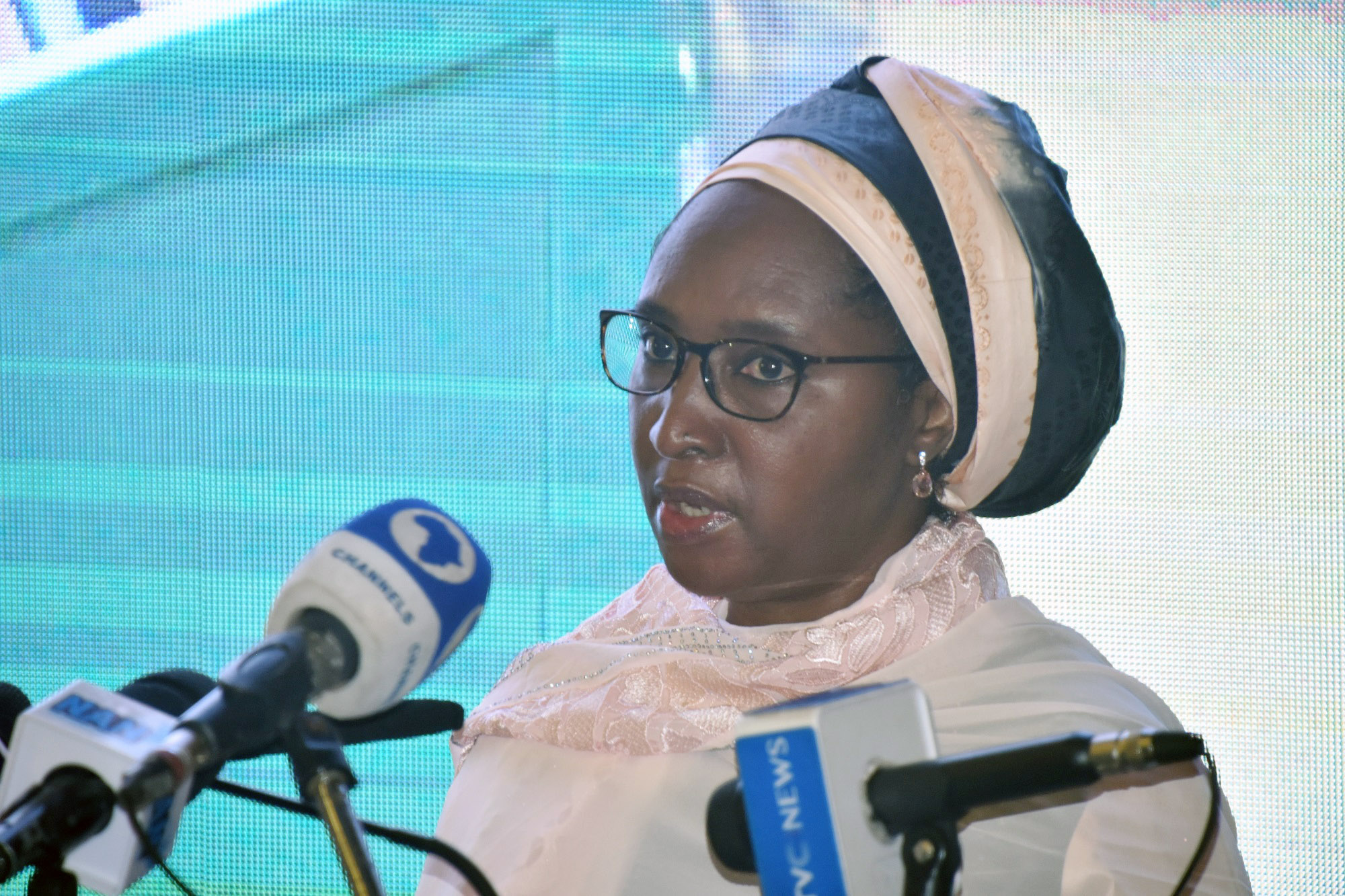Business
Minister Blames Ukraine War For Nigeria’s Deficit

Minister of Finance, Budget and National Planning, Zainab Ahmed, on Wednesday, blamed the country’s rising fiscal deficit partly on the ongoing Russia/Ukraine war.
According to a report from The Tide’s source, Ahmed, who spoke at the ongoing Spring Meetings of the International Monetary Fund (IMF), said the rise in prices of oil has pushed the country’s subsidy budget.
This, she argued, has increased the budget deficit to Gross Domestic Product (GDP) ratio from the planned 3.5 per cent to 4.5 per cent.
The National Assembly has recently jacked up N3.56 trillion earlier budgeted for subsidy payments over 12 per cent to N4 trillion, causing an outrage across the country. The adjustment was caused by the subsidy bills.
Zainab’s argument caused a stir on social media, especially Twitter, as Nigerians and other nationals knocked the administration for lacking prudence and creativity in the management of the national economy.
Founder of Proshare, Olufemi Awoyemi and others who reacted to the argument said it was sad that the government has turned to the war in Europe for the blame game.
Meanwhile, the International Monetary Fund (IMF) and the World Bank have raised concern about rising prices of essentials, saying rising inflation and mounting debt could significantly expand the poverty population.
Speaking on Wednesday at the ongoing Springs Meetings the Managing Director of IMF, Kristalina Georgieva, said the accelerating inflation, which has become a clear and present danger for many countries, rising food and fuel prices leave the budget of ordinary households with enormous strains.
She identified financial tightening, high debt and frequent, wide-ranging lockdowns in China as additional dark clouds weighing on the global economy.
The IMF boss highlighted that the global agenda, which analyses the repercussions of the crises the world is facing also offers a way forward in terms of an immediate response and longer-term efforts to boost resilience.
She hoped the war in Europe ends soon but said help must be mobilised for Ukraine and other countries negatively affected by geopolitical tensions.
Georgieva pointed out inflation as a major pressure on families and called for “decisive actions by central banks” to mitigate it. She charged them to keep their fingers on the pulse of the economy and adjust policy as necessary.
President of the World Bank Group (WBG), David Malpass, had at a press conference said the Russian-Ukraine war is adding to the debt burden and the fragility of many countries.
Malpass noted that food prices have already increased by 37 per cent year-on-year (YoY) while calling for urgent actions to stem the challenge to prevent a major disaster.
He expressed worry that the current food crisis could extend for months and even into next year.
Transport
Automated Points Concession : FAAN Workers Gave 72hrs To Revise Decisions In PH

Transport
FAAN Announces Pick-Up Points for Go-Cashless Cards

Business
Fidelity Bank To Empower Women With Sustainable Entrepreneurship Skills, HAP2.0
-
Politics3 days ago
2027: NIGERIANS FAULT INEC ON DIGITAL MEMBERSHIP REGISTER DIRECTIVE
-

 Environment4 days ago
Environment4 days agoLAWMA Director Says Sweeping Reforms Have Improved Waste Collection
-
Politics3 days ago
LP Crisis: Ex-NWC Member Dumps Dumps Abure Faction
-

 Politics3 days ago
Politics3 days agoUmahi Dismisses Allegations On Social Media, Insists On Projects Delivery
-

 Sports4 days ago
Sports4 days agoAbia Not Sure To Secure continental Ticket
-
Politics3 days ago
NATASHA ELECTRIC VEHICLES INITIATIVE IN KOGI CENTRAL
-
Sports4 days ago
La Liga: Yamal Records First Career Hat-trick
-
Politics3 days ago
IT’S A LIE, G-5 GOVS DIDN’T WIN ELECTION FOR TINUBU – SOWUNMI

